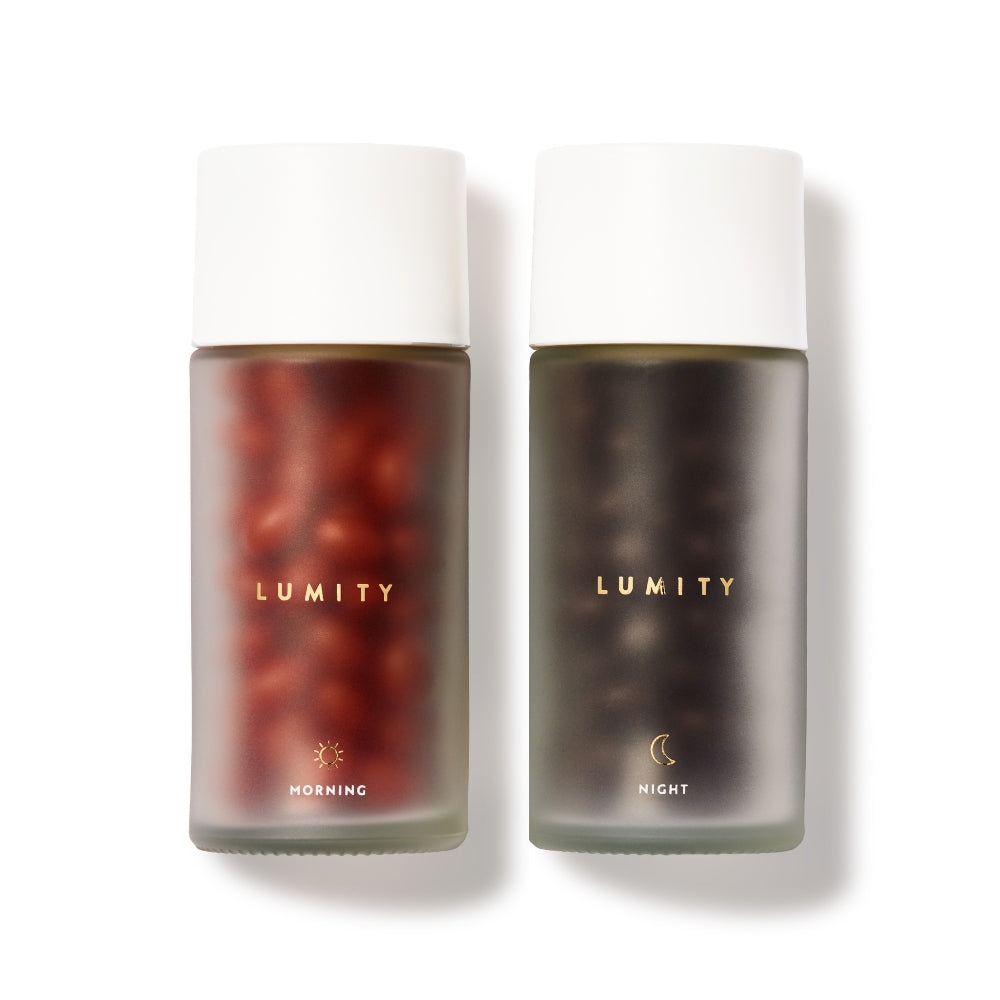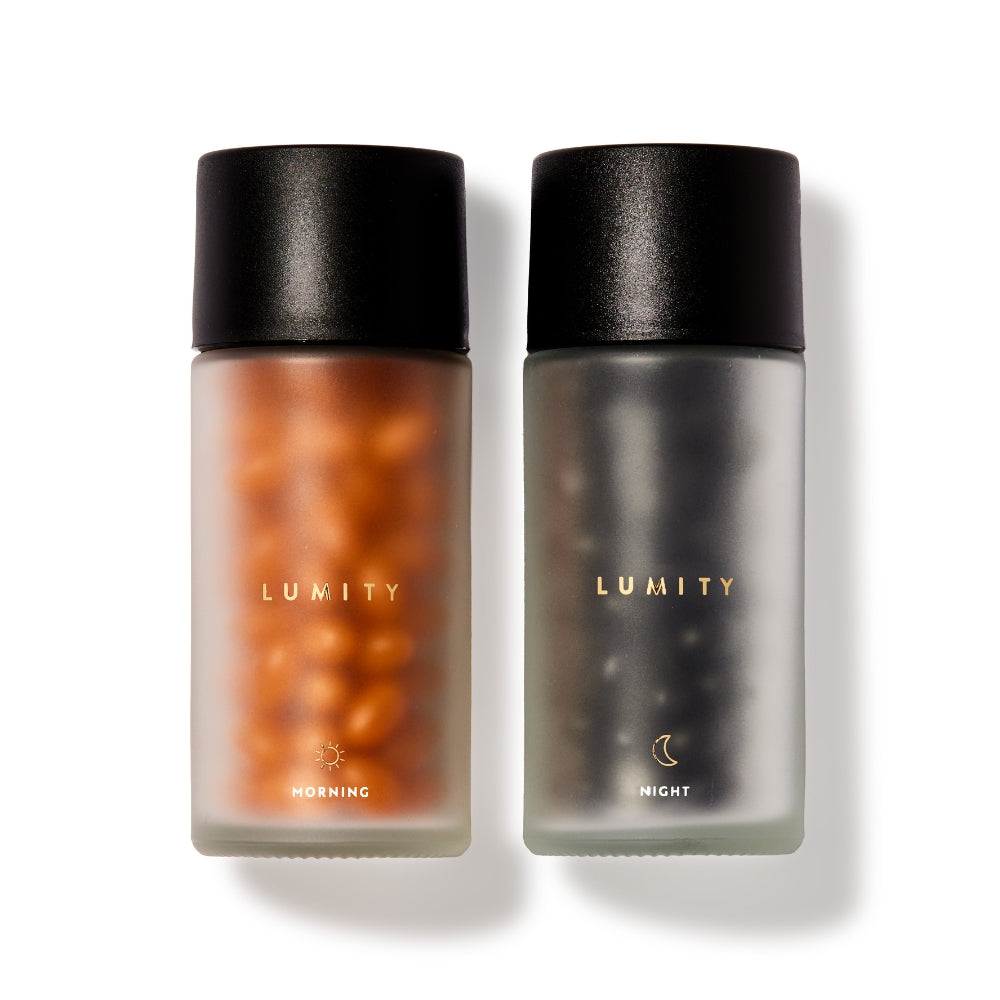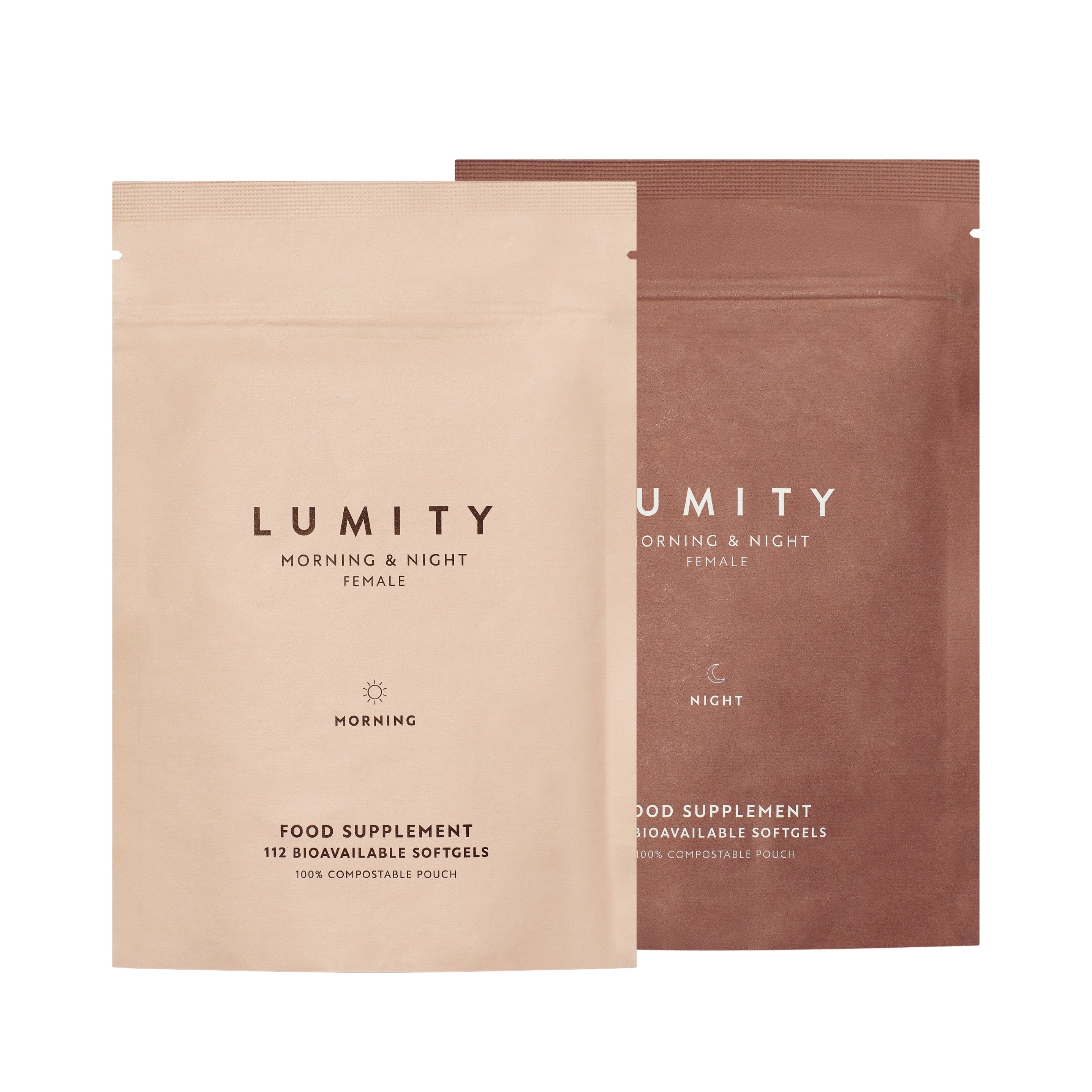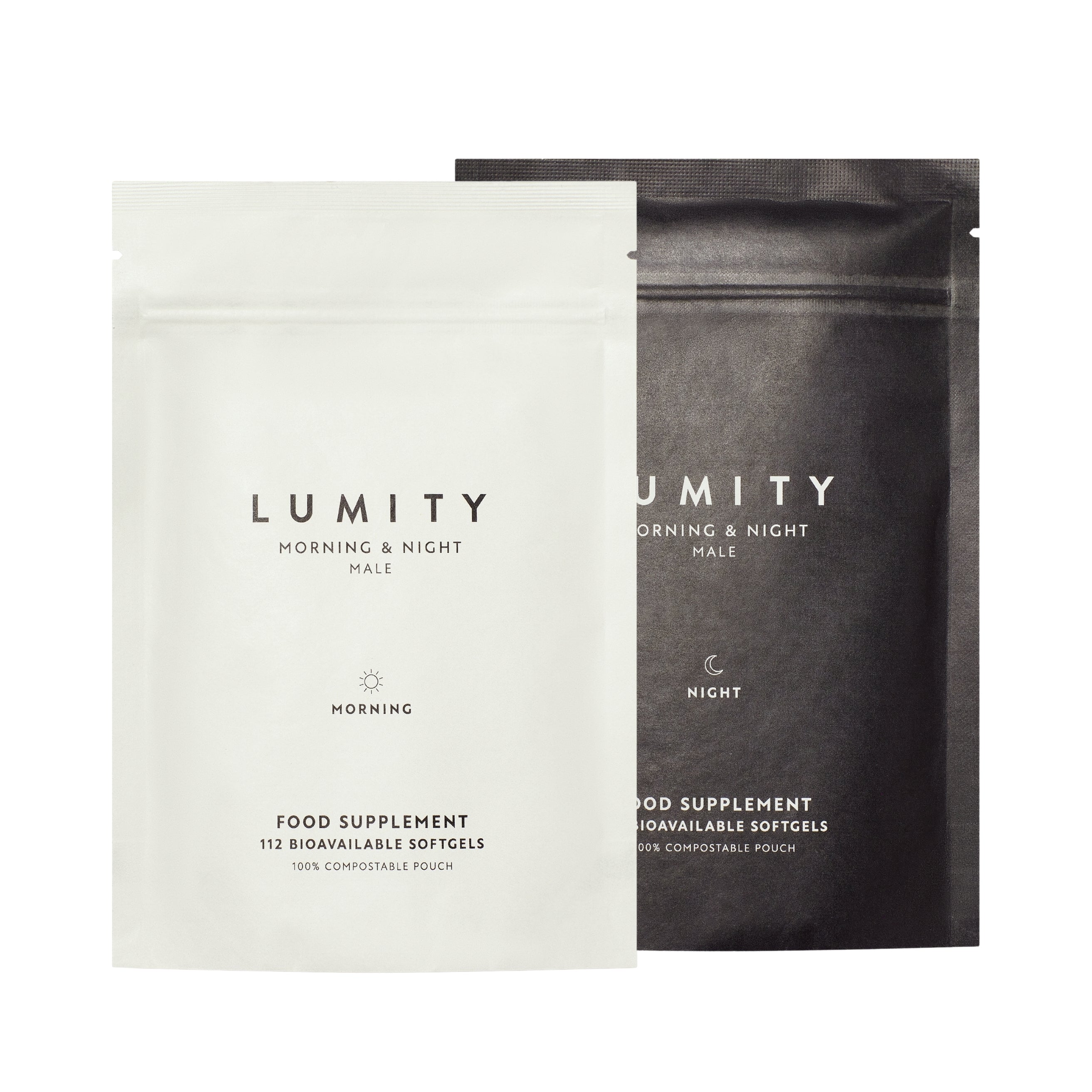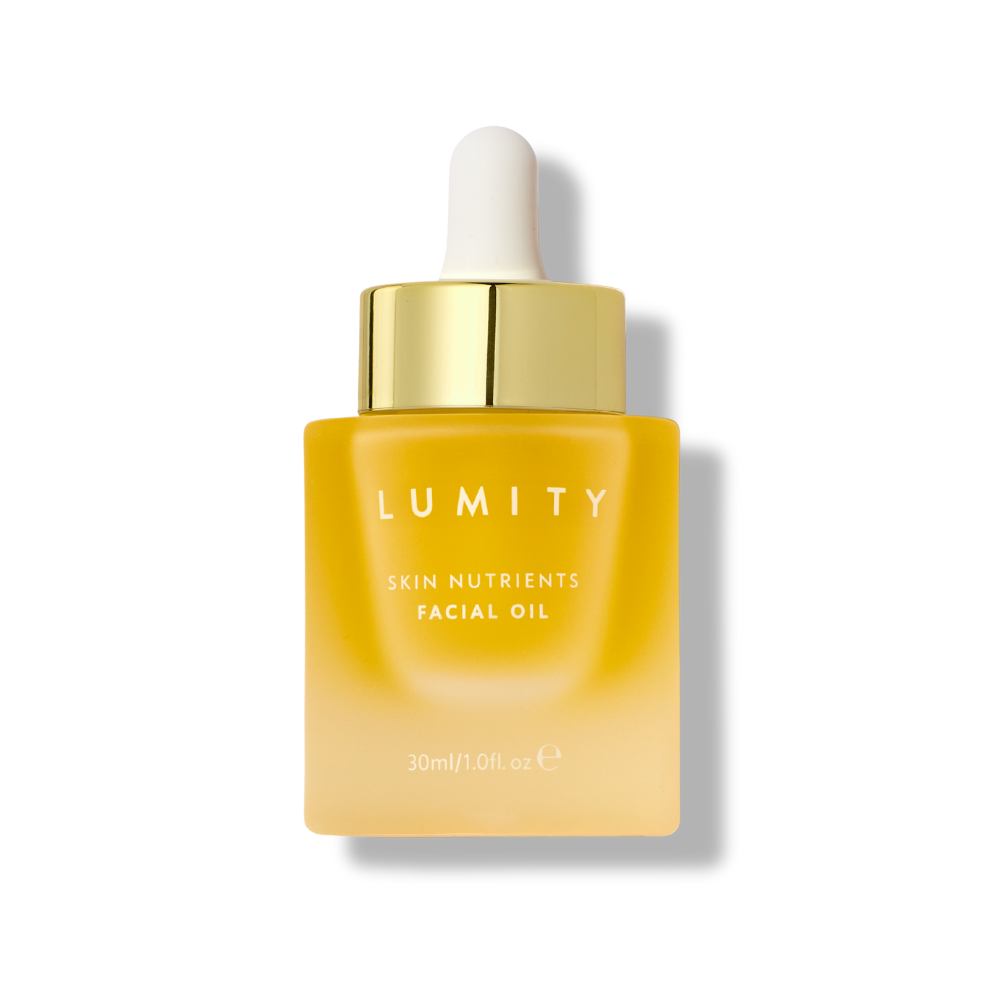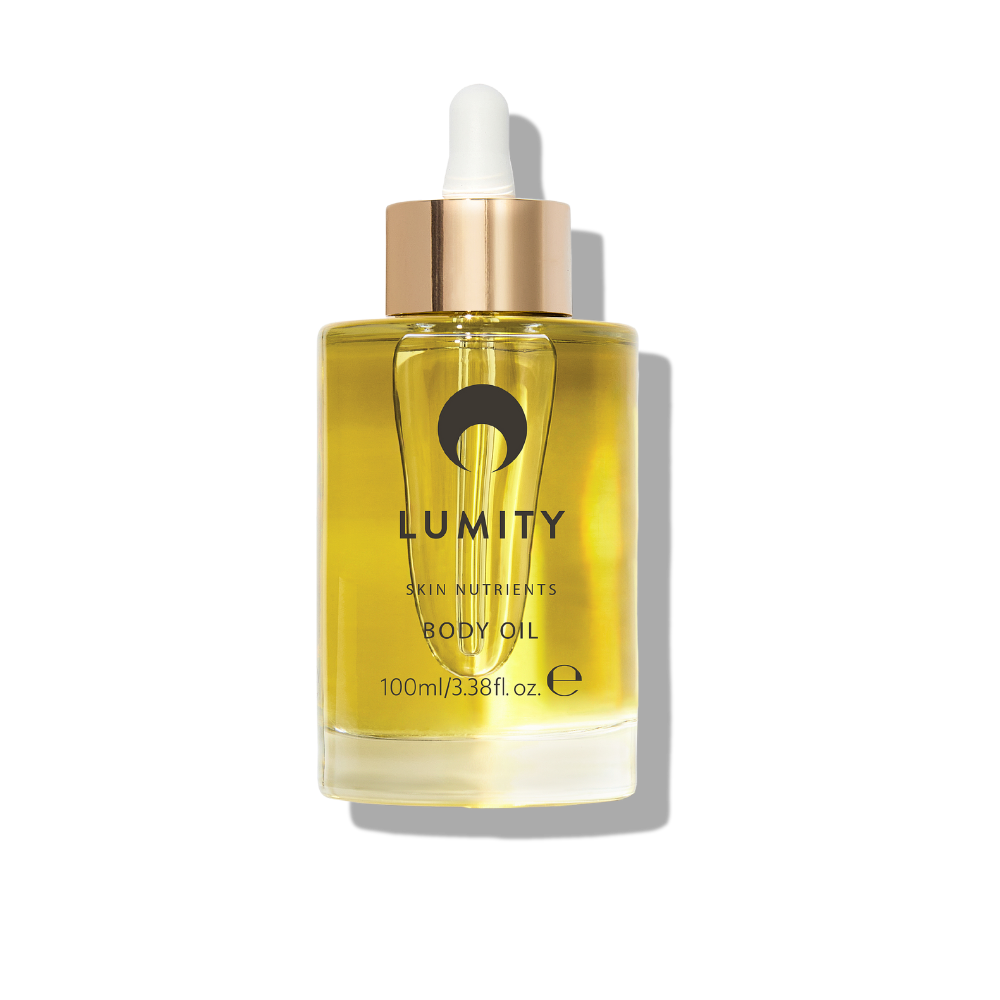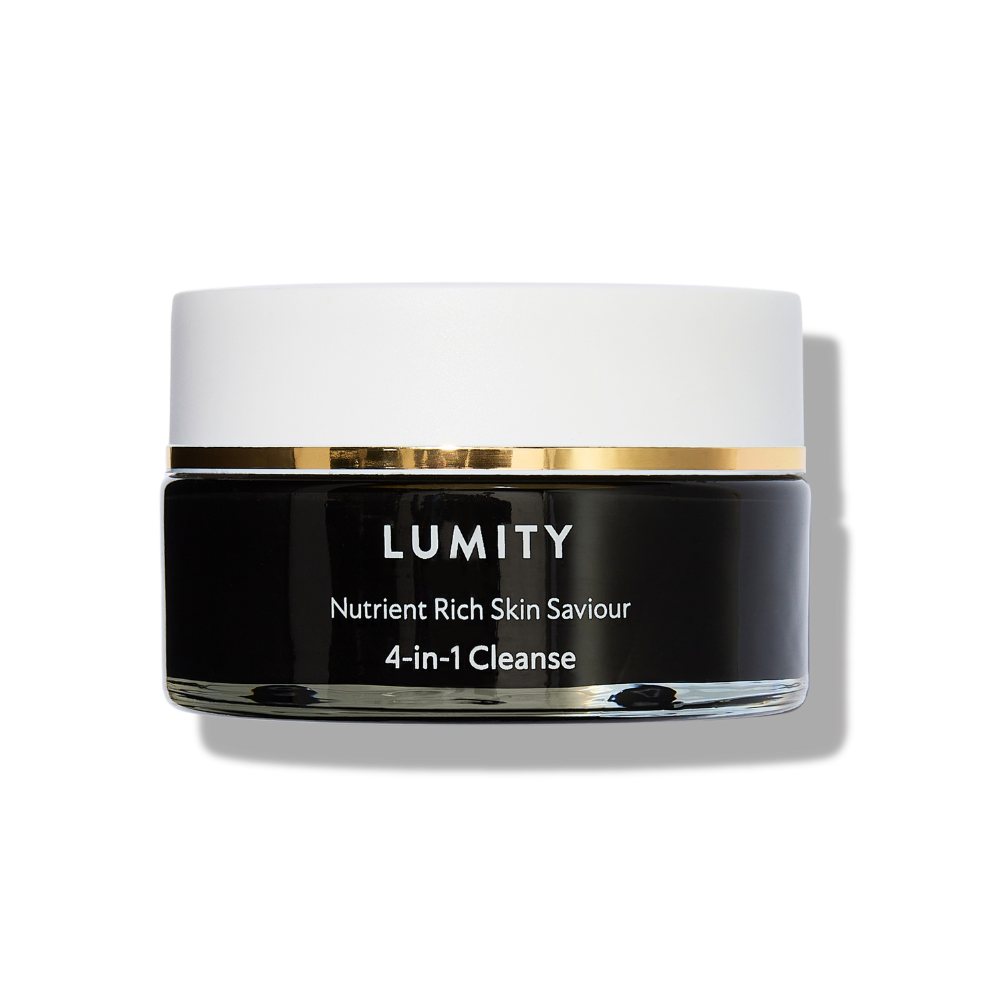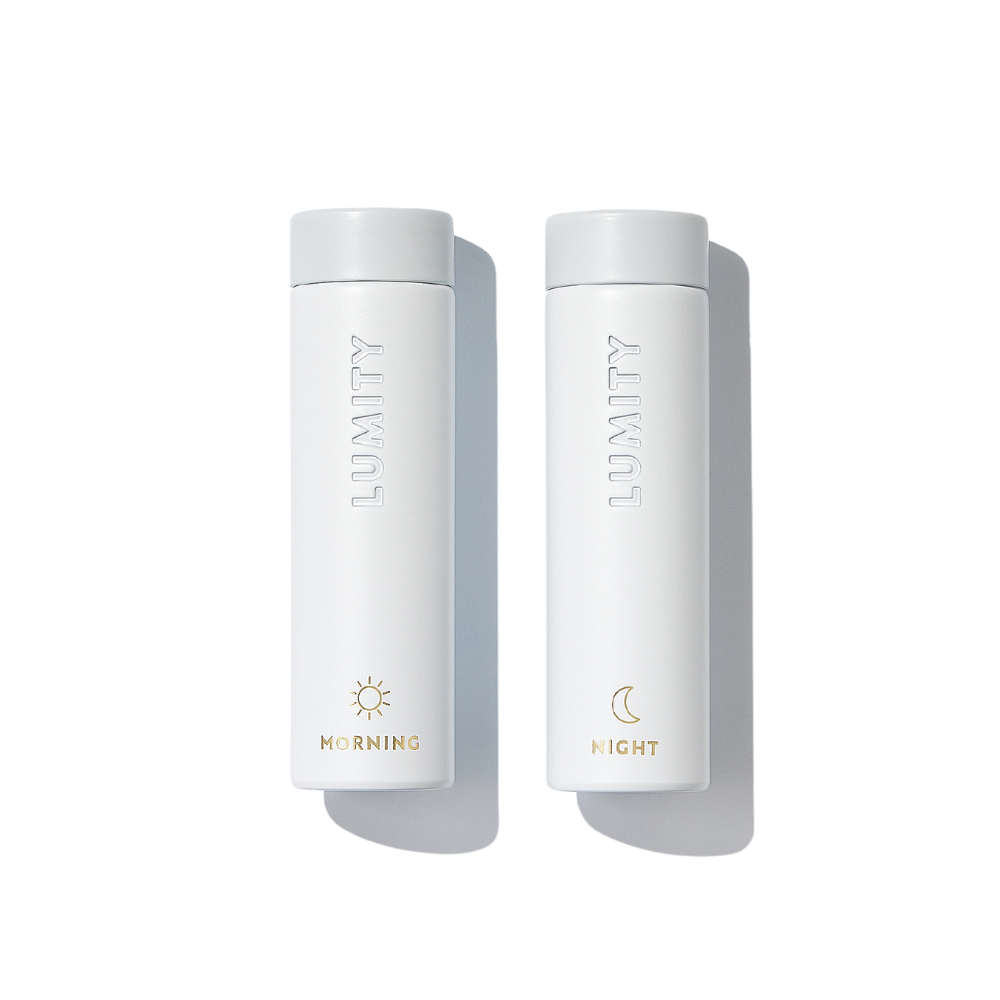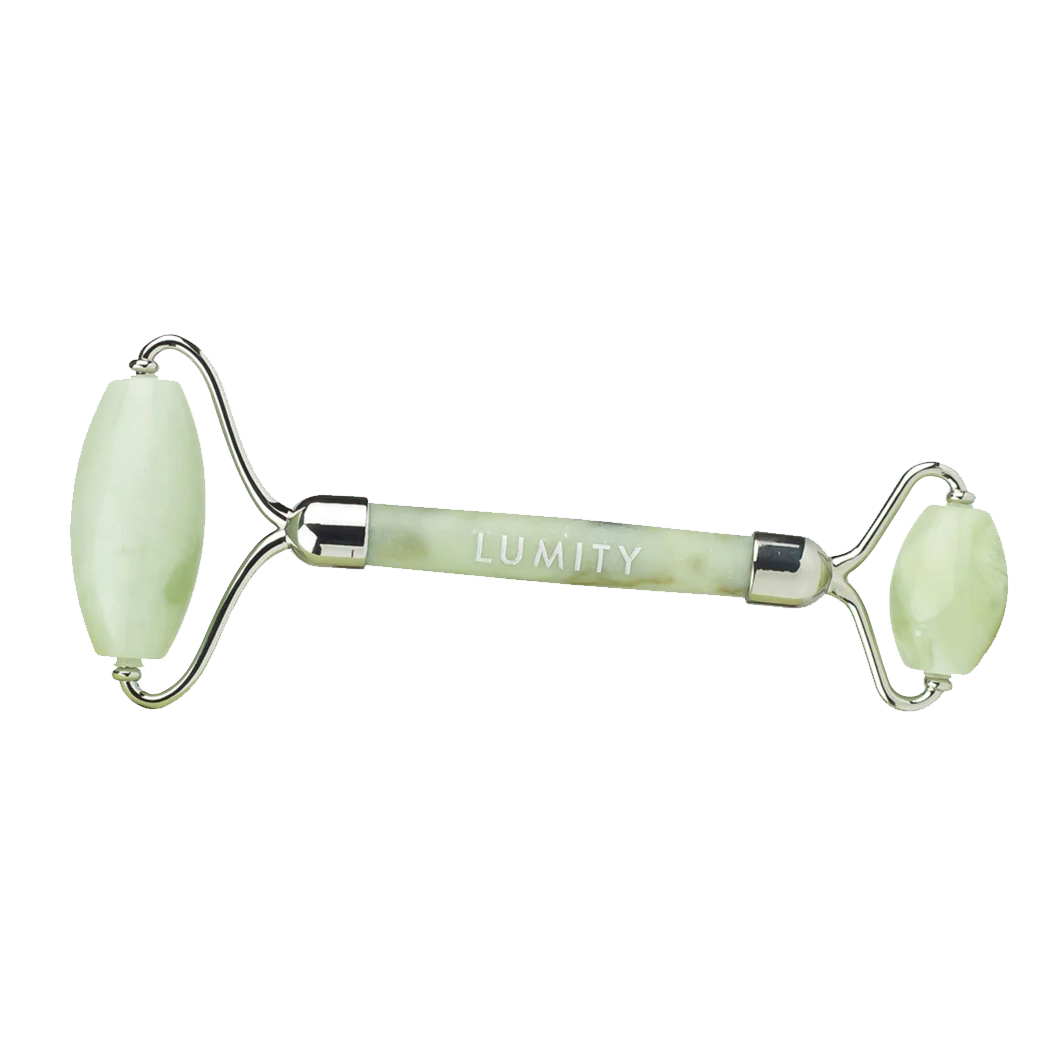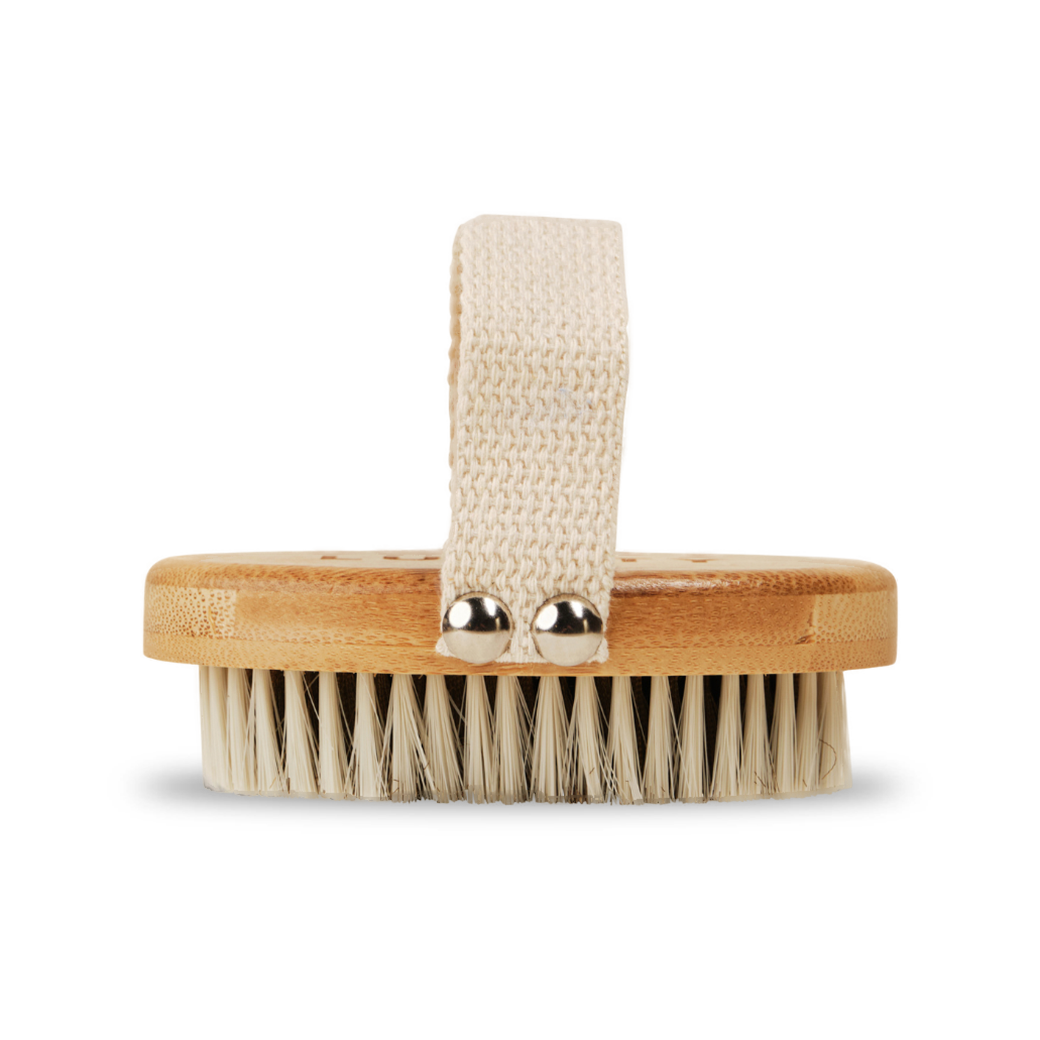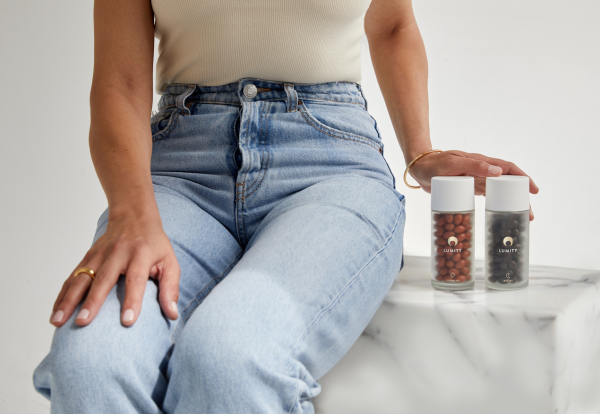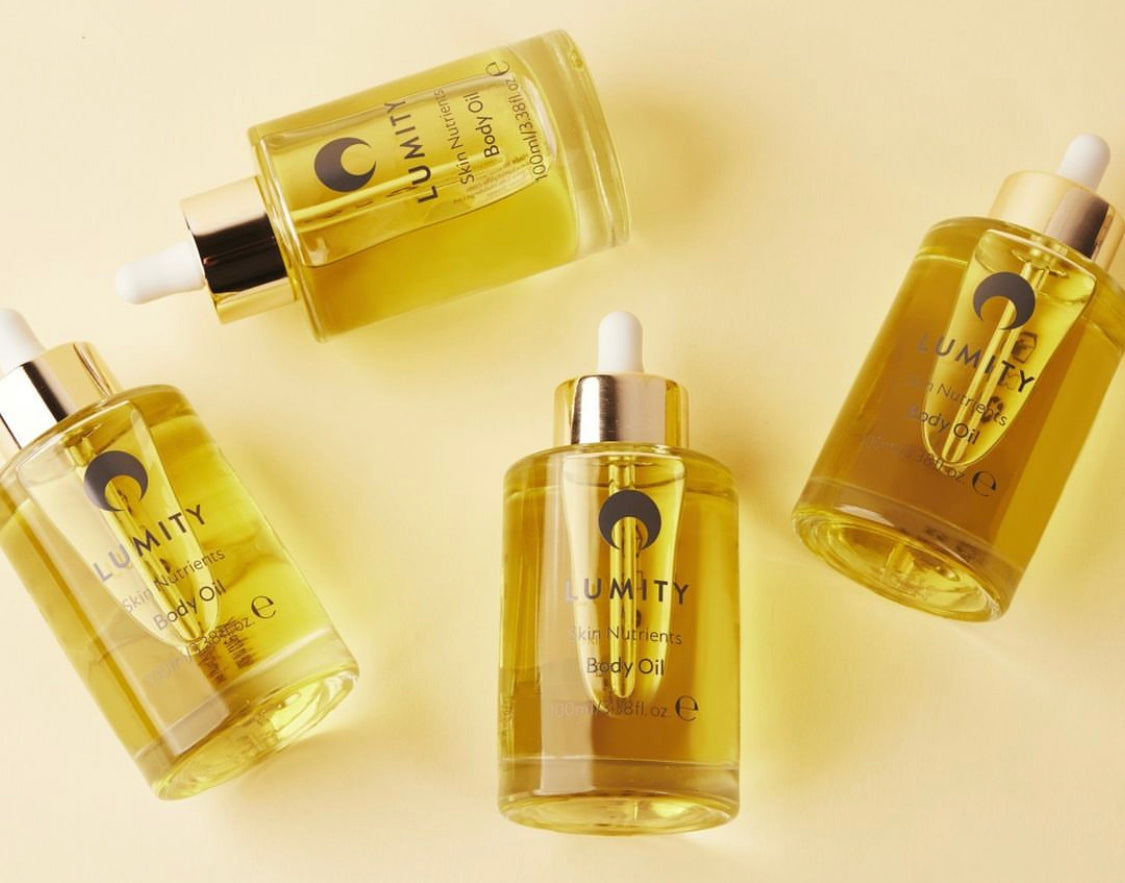
You Asked, We Answered

Hear from our experts
Q. During menopause I've struggled to stay asleep for more than a few hours, what can I do to manage my sleep better?
A. “One of the main reasons for changes in sleep patterns as we age is due to changes in our circadian rhythm. The circadian rhythm is the internal biological clock that regulates the sleep-wake cycle. As we age, the circadian rhythm can become less regular and less responsive to external cues, such as light and temperature. This can make it more difficult to fall asleep and stay asleep.
- Maintain a regular sleep schedule: Going to bed and waking up at the same time every day can help to regulate your body's internal clock and make it easier to fall asleep and stay asleep. Yes, even at the weekends!
- Create a comfortable sleep environment: Keep your bedroom dark, quiet, and at a comfortable temperature. Use comfortable bedding and a supportive mattress.
- Avoid caffeine and alcohol close to bedtime: Caffeine and alcohol can disrupt sleep, so it's best to avoid them in the evening.
- Engage in regular physical activity: Regular exercise can help to improve sleep by promoting relaxation and reducing stress. However, it's best to avoid vigorous exercise close to bedtime.
- Try a breathing exercise to help sleep: The 4-7-8 breathing technique can help to promote relaxation and make it easier to fall asleep. To do this, inhale for a count of 4, hold for a count of 7, and exhale for a count of 8. Repeat this for several minutes.
- Try meditation or reading: Engaging in activities such as meditation or reading can help to promote relaxation and make it easier to fall asleep.
- Try natural supplements: Magnesium, or holy basil can help to improve sleep by promoting relaxation and regulating the sleep-wake cycle.
- Make a list of things to do before bed: making a list of things you need to do the next day or things you're grateful for, it can help you to relax and clear your mind before going to sleep.
- Stay away from screens at least 30 minutes before bed: the blue light that screens emit can interfere with the production of melatonin, making it harder for you to fall asleep.
- Try a sleep mask, earplugs or white noise: If you have trouble sleeping due to light or noise, using a sleep mask, earplugs, or white noise can help to create a more conducive sleep environment.
- The 15-minute Rule – this is a highly effective CBT technique to improve insomnia caused by anxiety/stress. It aim behind the technique is to help you associate your bed/bedroom only with sleep – instead of frustration, or anxiety, which can creep in when you have insomnia. It can be a challenging rule to begin with, but persevere and it will make a difference!
Alicia Cooper I Qualified Nutritionist & Owner of Lifebox Food Co
Q. How do you deal with lack of energy post menopause and also an increase in anxiety that I've become aware of?
A. “It’s important to work on your sleep routine to help with a drop in energy levels. Going to bed and waking up at the same time is sleep hygiene rule 101. Avoid screens at least a couple of hours before falling asleep as the blue light they emit tricks your brain into thinking its daytime. It’s also essential to stay hydrated as dehydration leads to fatigue. Mindful techniques like yoga, meditation and breathing exercises have been known as beneficial to counteract anxiety. Also try to implement small self-care habits where you can to nourish your wellbeing through healthy nutrition, good sleep & work-life balance.”
GenM I The Menopause Partner for Brands
Q. I have gained weight since going through menopause, what can I do to maintain a good fitness level and positive body image post-menopause?
A. "Physical activity has so many benefits, particularly during and after menopause, from weight management, to bone strength, cardiovascular health and mental health. Find activities you enjoy, workout with a friend, and/or find ways to easily incorporate exercise into your everyday life. Build up gradually to avoid injury. A combination of strength training and cardio will likely help you achieve the best results.
Cardio can include anything from a brisk walk, to cycling, running or swimming. Strength training is key to preserving and rebuilding muscle, as amount of muscle we have naturally declines with age, but exercise can help slow this decline.
Strength training is also key for bone strength. Lifting heavy objects, doing a circuits class or a weights session at the gym are all great options. Utilising a personal training to kick start you on a fitness plan that can easily be part of your routine can be a great way to get started, minimise injury risk and build confidence in the gym.
Move as much and as often as possible during the day. Break up sedentary periods by going for a walk or taking the stairs.
Always speak with your healthcare provider before starting a new exercise regimen or if you have any health concerns."
Lindsey Ormond MSC R.Nutritionist I Lumity’s Chief Nutritionist
Q. How does Lumity helps with hormonal balancing vs. hormonal therapy?
A. “Lumity’s Female Morning & Night formulation has been designed to optimise the intake of key nutrients that are critical to overall health and wellbeing. This is important in supporting multiple processes and systems in the body, particularly during perimenopause and menopause. The formulation also contains key nutrients that support hormonal functioning and production, such as iodine, pantothenic acid, vitamin B6 and sage.
Hormone replacement therapy is a medical treatment that involves treatment with hormones such as oestrogen and/or progesterone to replace the drop that naturally occurs during menopause."
Lindsey Ormond MSC R.Nutritionist I Lumity’s Chief Nutritionist
Q. My friend told me she's been having dental problems related to menopause - can that really happen?
A. "You can be more susceptible to dental problems during menopause. Due to a decrease in estrogen level, your body and especially your mouth gets drier, which makes your teeth more sensitive to bacterial infections and decay. A low estrogen level also puts you more at risk of osteoporosis, which can lead to a loss of bone density in your jaw. Below are some of our top tips to help with dental health during menopause:
- Brushing. It's important to remember that dental health needs to be consistent. It’s especially important to brush your teeth using a fluoride toothpaste before bed and one time during the day. Additionally, consider using interdental mini brushes bristling between your teeth too, or floss if you prefer.
- Regular dental check-ups. Try to have six-monthly check-ups to prevent dental problems.
- Healthy nutrition & lifestyle habits. Balancing your sugar intake & avoiding smoking will increase blood flow to your gums & reduce the risk of infection.
- Stay hydrated. Try to drink water (at least 2l/day) consistently throughout the day, rather than consuming a large amount at the end of the day. Sugar-free gum or a dry mouth spray might help too."
GenM I The Menopause Partner for Brands

